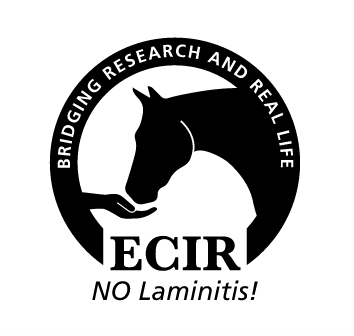Attention Owners of Cushing’s Horses Diagnosed by TRH Response Test
Some horses with Cushing’s/PPID have normal levels of the hormone ACTH but test positive with a TRH stimulation test.
How can you monitor their response to medication when ACTH is normal to start with?
Testing adrenocorticotropic hormone (ACTH) levels is the usual way Pituitary Pars Intermedia Dysfunction (PPID) is diagnosed, but it’s not always accurate. Many early cases, and even some advanced cases, do not have abnormal levels of ACTH detected.
We have learned a lot about early PPID, where signs like fall laminitis later in life and unexplained tendon or ligament disease, can be signs long before the classical long curly coat and muscle loss. There are even some cases with those late classical signs that do not have high ACTH. We can diagnose those horses with a Thyrotropin-Releasing Hormone (TRH) Response Test.
TRH stimulates the intermediate lobe of the pituitary gland, resulting in abnormal levels of ACTH after TRH administration in positive horses.
Once diagnosed, the horse will be treated with pergolide, but how do you make sure the dosage is correct and doing its job? We can’t use ACTH since that was normal before treatment. It makes sense that the TRH response would improve or normalize, but information on changes after treatment is limited.
The nonprofit Equine Cushing’s and Insulin Resistance Group Inc, http://www.ecirhorse.org, wants to change that. They are offering $300 to offset testing costs to anyone with a PPID horse diagnosed by TRH testing who will repeat the test after the horse has been on pergolide for at least 3 weeks.
If your equine has had a positive TRH test and has been on pergolide for three weeks, contact Dr. Kellon at [email protected]

The Colorado Horse Source is an independently owned and operated print and online magazine for horse owners and enthusiasts of all breeds and disciplines in Colorado and surrounding areas. Our contemporary editorial columns are predominantly written by experts in the region, covering the care, training, keeping and enjoyment of horses, with an eye to the specific concerns in our region.

